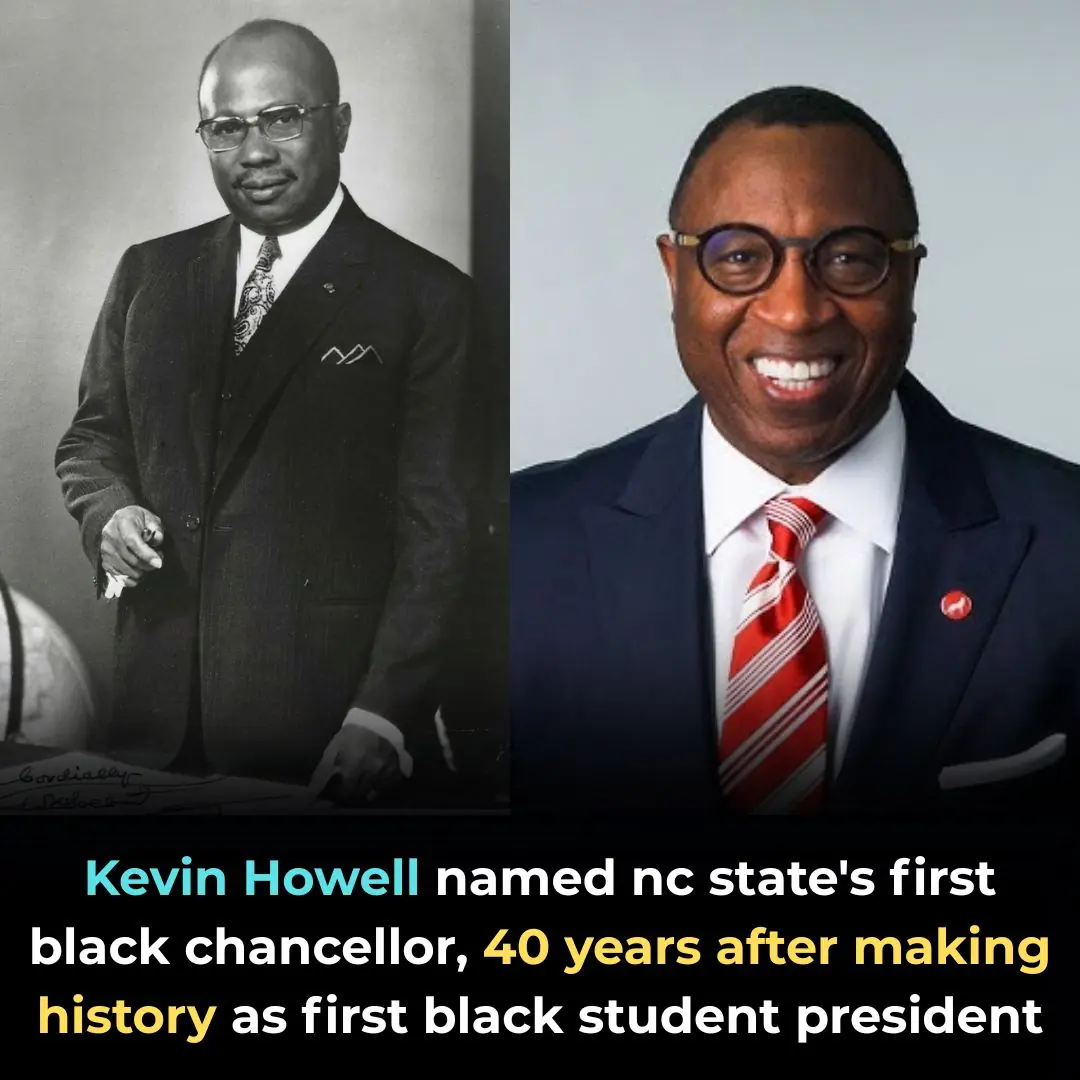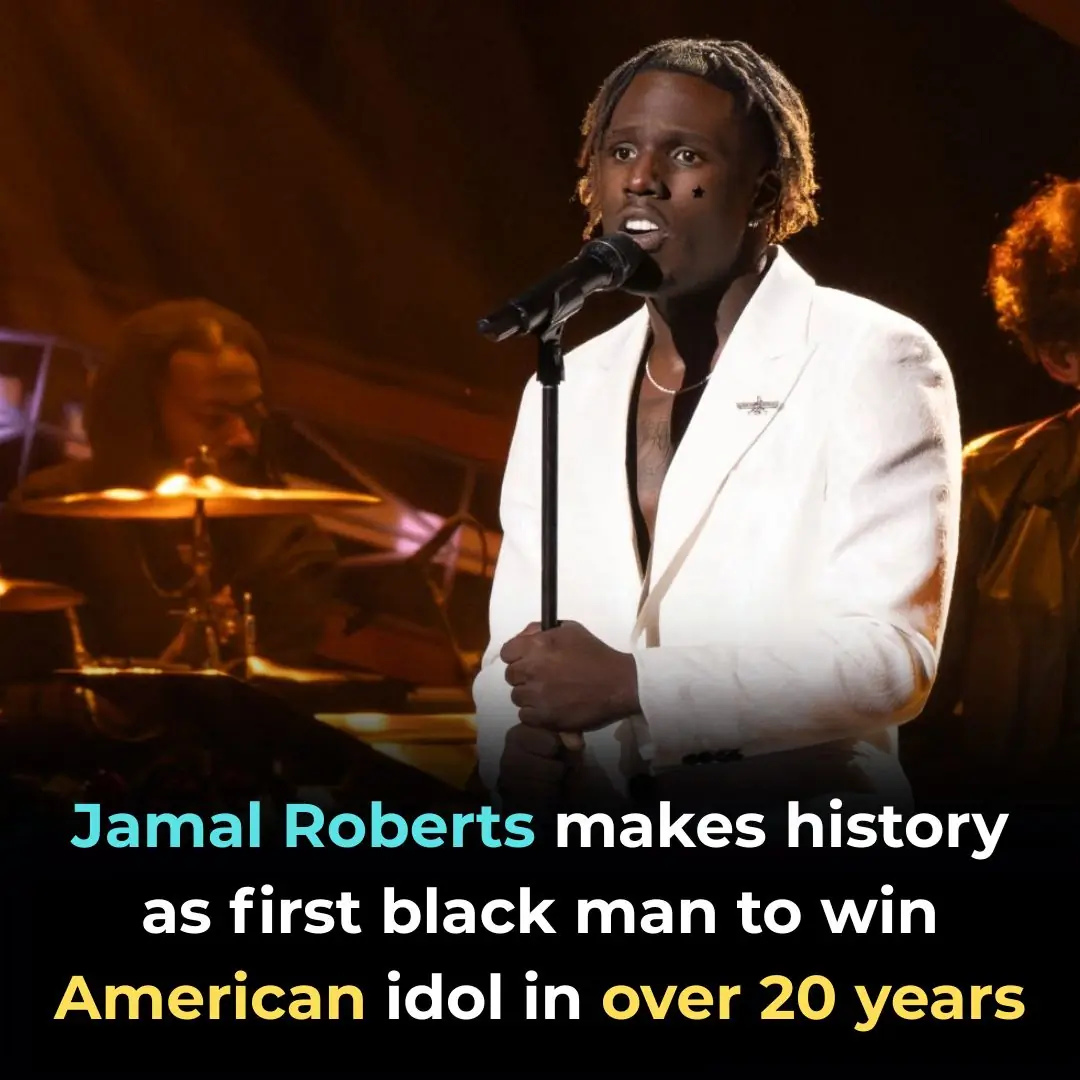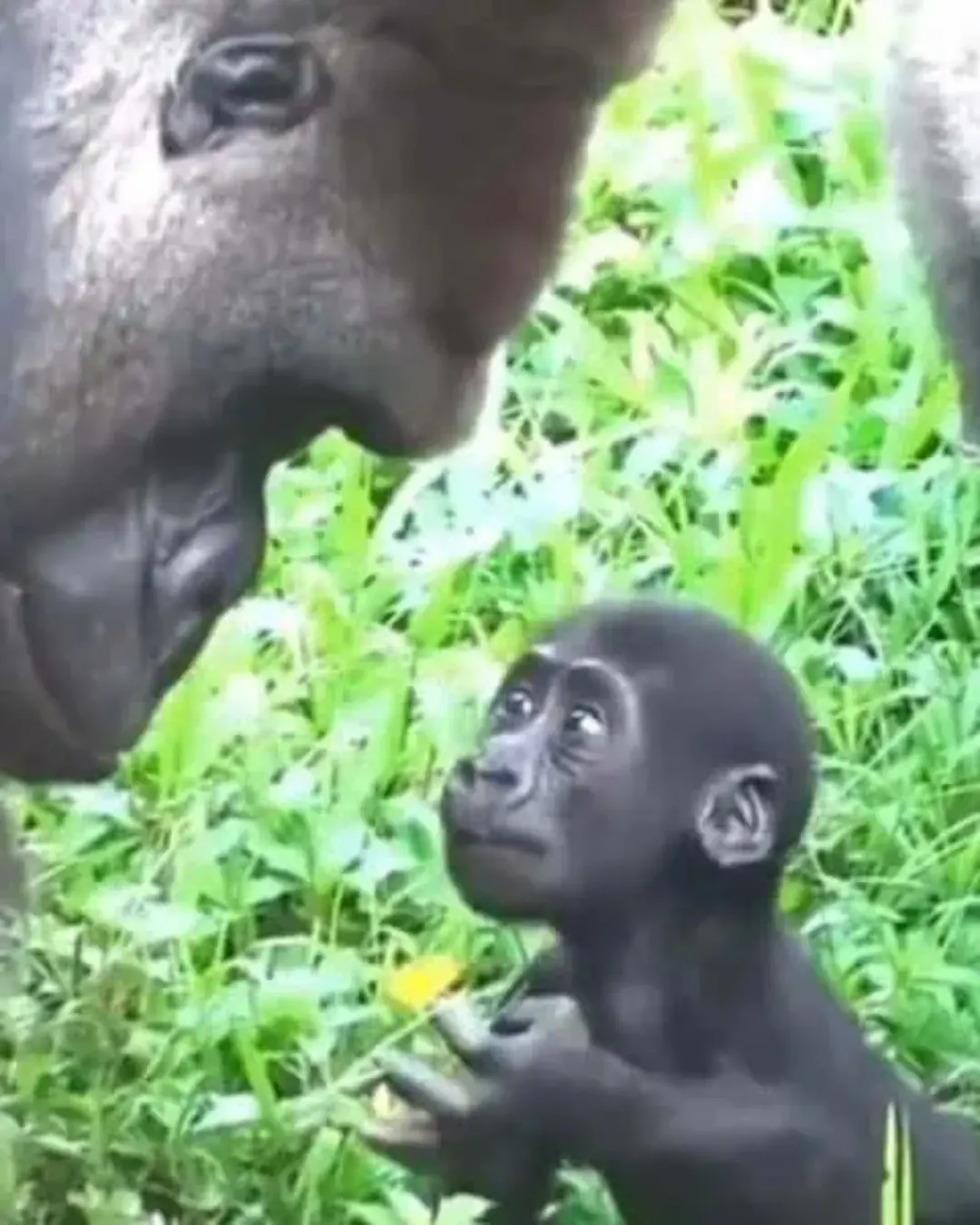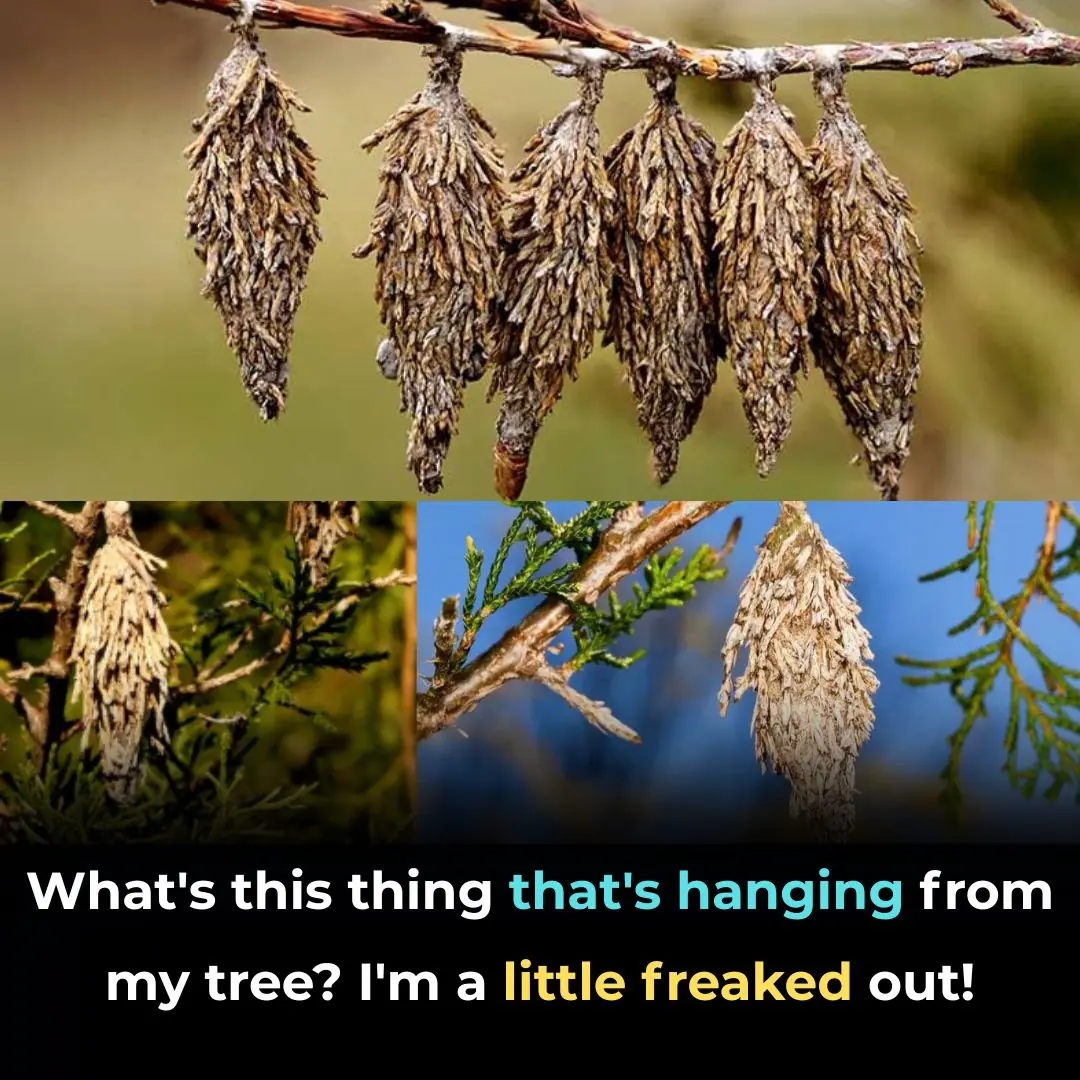
Holly Robinson Peete Pays Tribute to Late Father Who Was a Star on Sesame Street
Holly Robinson Peete Honors Her Father’s Legacy and Defends Sesame Street Amid PBS Defunding Debate

Actress and activist Holly Robinson Peete has spoken out passionately in defense of Sesame Street after recent concerns over potential PBS funding cuts, posting a heartfelt tribute that reminded millions why the show’s message remains timeless — and urgently needed.
Taking to Instagram, Peete shared a powerful reflection on her family’s history with the groundbreaking children’s series:
“My dad was the original Gordon on Sesame Street,” Peete wrote. “I literally and figuratively grew up on this Street 💚💛. He introduced the world to Big Bird (before all his feathers came in 😜), Mr. Hooper, Oscar, Grover, and all the people in the neighborhood.”
Her father, the late Matt Robinson, helped launch Sesame Street in 1969 as both a producer and actor, becoming the very first Gordon — the friendly, welcoming face who greeted audiences on television’s most famous block (source: Smithsonian Magazine). But Matt Robinson wasn’t just a performer; he was a trailblazer in Black representation on public television, helping shape a show designed to educate, empower, and reflect America’s real communities.
Peete continued in her post:
“Imagine a world where that never happened — because PBS was defunded. 🤦🏽♀️ Sesame Street was created so inner-city Black and brown children could see themselves represented on TV — on a diverse street full of education, care, and compassion. It was 1969... stations in places like Mississippi initially refused to carry it. We can’t let this legacy be erased.”
What Peete described wasn’t just nostalgia — it was a recounting of a cultural revolution that reshaped children’s television forever.
According to NPR, Sesame Street emerged in direct response to the racial and social unrest that followed Dr. Martin Luther King Jr.’s assassination. Psychologist Dr. Chester Pierce, one of the founding advisors, believed television could serve as a “therapeutic intervention” for systemic racism, helping children of color build confidence and belonging (source: NPR).
Together with producers Joan Ganz Cooney and Lloyd Morrisett, and with Matt Robinson’s creative voice, they envisioned a program that looked like real neighborhoods — diverse, urban, and full of empathy. The idea was radical for 1969, especially in parts of the segregated South.
In fact, The New York Times reported that Mississippi Public Television initially banned the show, citing “the integrated nature of the cast.” But after public backlash, the decision was reversed, marking an early victory for representation and inclusion in media (source: The New York Times).
Over the decades, Sesame Street continued breaking barriers. It introduced storylines on autism, homelessness, and racial identity, evolving alongside society’s understanding of childhood and equity. Its global reach — now broadcast in over 150 countries — makes it one of the most influential educational shows in history (source: PBS.org).
Today, as debates reignite over federal funding for PBS, Peete’s message carries renewed weight. Without public support, programs like Sesame Street — which were designed to remain free and accessible to every child, regardless of income — could face existential challenges.
Thankfully, Sesame Workshop, the nonprofit behind the series, has secured a new streaming partnership with Netflix while maintaining its commitment to public broadcast, ensuring that generations to come can still find joy, learning, and representation on that familiar street (source: Variety).
Peete ended her tribute with a call to action that echoed the heart of Sesame Street itself:
“We can’t let this legacy be erased,” she urged. “Not now. Not ever.”
More than five decades after Matt Robinson first waved from that sunny stoop, Sesame Street still stands as a symbol of hope, learning, and love — a reminder that television, at its best, can help raise not just children, but a better world.
News in the same category


Pork skin: the cheap cut many people discard — and how to use it wisely for nutrition and safety

Boiled sweet potatoes: don’t use plain water—add a spoon of this for fluffy, deeply sweet results

3 powerful health benefits of using a bidet — plus a bonus for the planet

How to store fresh ginger so it lasts for months (even without a fridge)

A U.S. doctor’s simple steps to “clear” pesticides and dirt from fruit — and the science behind them

Do not drink water immediately after eating fruit — here’s what nutrition science actually says

9 foods to eat regularly to help protect memory and keep your brain sharp as you age

‘Shuts TF Up’: Scott Jennings’ Unhinged Back and Forth with Abby Phillip Takes a Turn When Van Lathan Begins to Speak

Simone Biles Receives Honorary Doctorate Degree From Washington University

Kevin Howell Named NC State’s First Black Chancellor, 40 Years After Making History as First Black Student President

Jamal Roberts Makes History as First Black Man to Win American Idol in Over 20 Years

Megan Thee Stallion & ‘Boondocks’ Producer Carl Jones to Launch New Anime Series on Prime Video

Keep rice weevil-free all year: two simple tricks — plus evidence and safer pantry practices

7 pantry items that really don’t spoil — and how to store them so they stay great

8 instant, drug-free ways to stop motion sickness — rewritten, expanded and evidence-backed

Do you need to unplug the rice cooker after the rice is done? — an expanded, evidence-backed guide

Put a clove of garlic by your pillow? Here’s what the tradition actually does — and what science and doctors say
News Post

The Gentle Giant: A Father Gorilla’s First Meeting with His Baby.

Banana Blossom: Health Benefits, Recipes, and Traditional Uses

The Stealthy Threat of the Evergreen Bagworm

Truth be told: 3 habits of using electric kettles that threaten the health of the whole family, many people do it without knowing

Drinking coffee adds one more thing: No worries about discolored teeth or bad breath

Pig skin that many people throw away unexpectedly has such wonderful uses

American doctor shows how to remove pesticides and dirt from fruits, just a few steps to reduce illness for the family

5 mistakes when drinking coffee that are harmful to your health: Especially the second type, quit immediately before it's too late

25 Incredible Benefits of Guava Leaves

Most people underestimate the power of pine needle sprite (better than you think)

A Rare Alignment of 7 Planets Is Taking Place in The Sky This Week

The World’s Oldest Bridge Is Still In Use, and You Can See It In Greece

Lyrid meteor shower peaks after Easter: How to spot the most ‘shooting stars’

Austria: 33 Interesting Facts You Might Not Know

The tiny round hole on your nail clipper has a real job — and a few clever (safe) extras

Pork skin: the cheap cut many people discard — and how to use it wisely for nutrition and safety

15 Interesting Travel Facts You May Not Know About Italy

Boiled sweet potatoes: don’t use plain water—add a spoon of this for fluffy, deeply sweet results

3 powerful health benefits of using a bidet — plus a bonus for the planet
